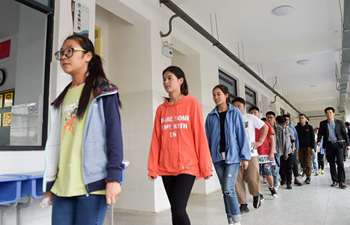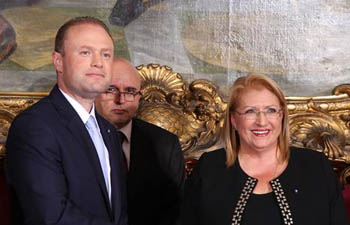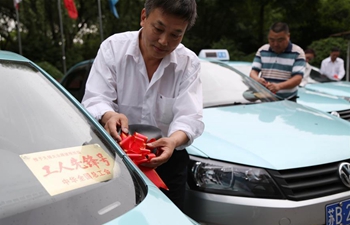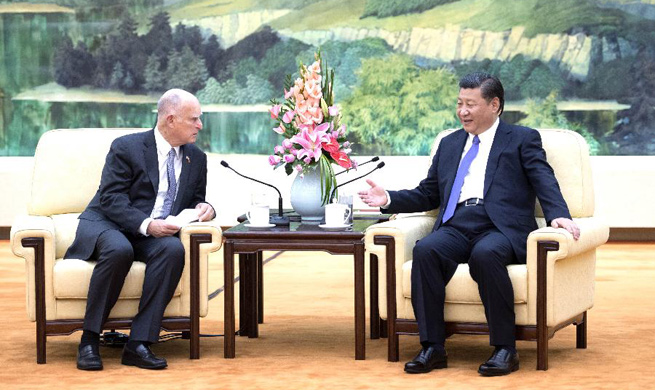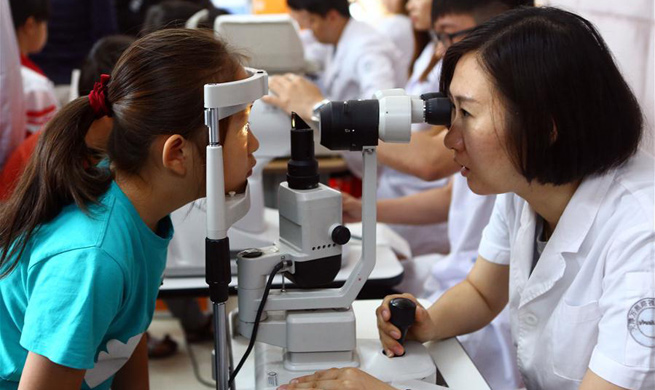HAVANA, June 6 (Xinhua) -- A roadmap to implement an ambitious set of economic, social and political reforms has been drawn in Cuba, after the National Assembly recently approved three documents that chart the course towards Cuba's future development.
The Cuban parliament analyzed last week in two extraordinary sessions the progress of reforms started in 2010 by President Raul Castro in a document called "Guidelines of the Economic and Social policies of the Revolution," which is the platform to implement changes in the island.
The parliament also approved the nation's development plan until 2030 as well as the "conceptualization" of the model, a document which establishes the theoretical base for the country in the coming years.
One of the topics approved by the parliament is the legal framework of the first official recognition of private enterprises and small- and medium-sized businesses.
Although it could take months or years before any actual changes are felt on the ground, it's the first time since 1959 the private sector will be treated in the same way as state-owned companies.
"We're not rushing towards a free market economy, nor is our government taking us there. This is a gradual process of transformations, economic diversification and development of a nationalist private sector," Rafael Hernandez, a Cuban political analyst told Xinhua.
According to Hernandez, the approval of these documents by the National Assembly is a sign that deep economic and social reforms are coming to this nation.
"Updating our political, social and economic model is among the hardest tasks the country has faced in the last 20 years after the collapse of the Soviet Union. These documents represent the guide, the roadmap to follow," he added.
The Cuban parliament reaffirmed the one-party political system and state prominence of the socialist economy and important sectors despite opening up to small private businesses and foreign investment.
Among the most discussed topics in the parliament were the concentration of private property and wealth, issues that sparked a deep debate within lawmakers.
Also approved in the economic and social guidelines are issues related to the role of direct foreign investment, the introduction of advanced technology and know-how and the improvement of local government bodies.
Hernandez said the nation's leadership is aware of the importance of implementing key reforms such as putting an end to the country's double currency system, increasing productivity, efficiency and salaries in the state sector.
"The Cuban people have very high expectations after the approval of the documents last week and there's already an experience with the reforms underway," he stated.




